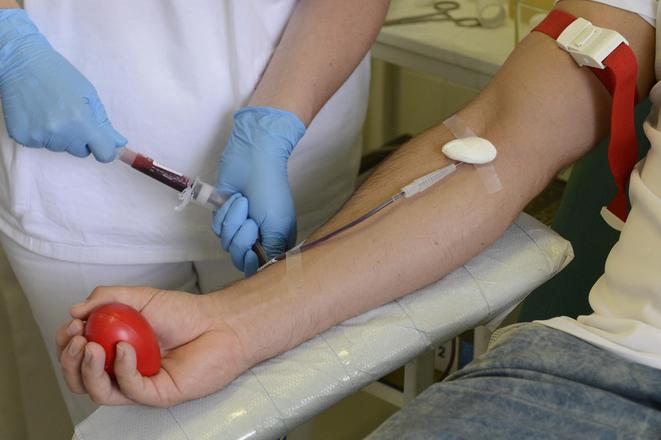“Our country lags behind in comparison of health quality during one’s s life,” INEKO’s head Peter Goliaš said at a press conference on June 24. “Slovaks, together with Latvians, live the shortest years of healthy life form among all 28 European-Union member states,” he added.
This is – on average – 54 years, seven years fewer than EU average, and 15 years less than in Norway.
“The share of seniors who can still live a full-valued life is thus merely half of that in the Czech Republic, Poland, Austria, or Hungary – and less than one-quarter compared to Norway, Sweden or Switzerland,” INEKO’s analyst Ján Kovalčík said, as quoted by the TASR newswire.
Slovakia also scores poorly in avertable death rate – premature deaths that should not occur if the treatment is adequate. “This mortality belongs among the highest in the EU, and is the second worst in the OECD, after Hungary,” Kovalčík added.
Financial prospects in health care in the upcoming decades will be adversely affected by the ageing population, according to INEKO.
“The health-care deficit can grow to 2 percent of GDP by 2060, if policies are unchanged – and thus, it could create a debt amounting to 73 percent of GDP,” Matej Tunega of INEKO said, adding that the share of people aged 65 and more in drawing public health-care insurance has been growing inadequately to their overall share in the number of those health-insured. In the future, the share of seniors in population is expected to grow even more rapidly, increasing also the pressure on growing expenses.
INEKO suggested three measures to improve the situation: prevention of y concerning chronic diseases; making the health-care expenses more effective, transparent and better administered; and gradual introduction and increase of regulated participation of patients in covering the costs for outpatients’ and hospital treatment.
The Health Ministry reacted by saying that it would not be correct to comment on the presented findings, as it has no data or methodology of calculations at its disposal.


 Illustrative stock photo (source: TASR)
Illustrative stock photo (source: TASR)